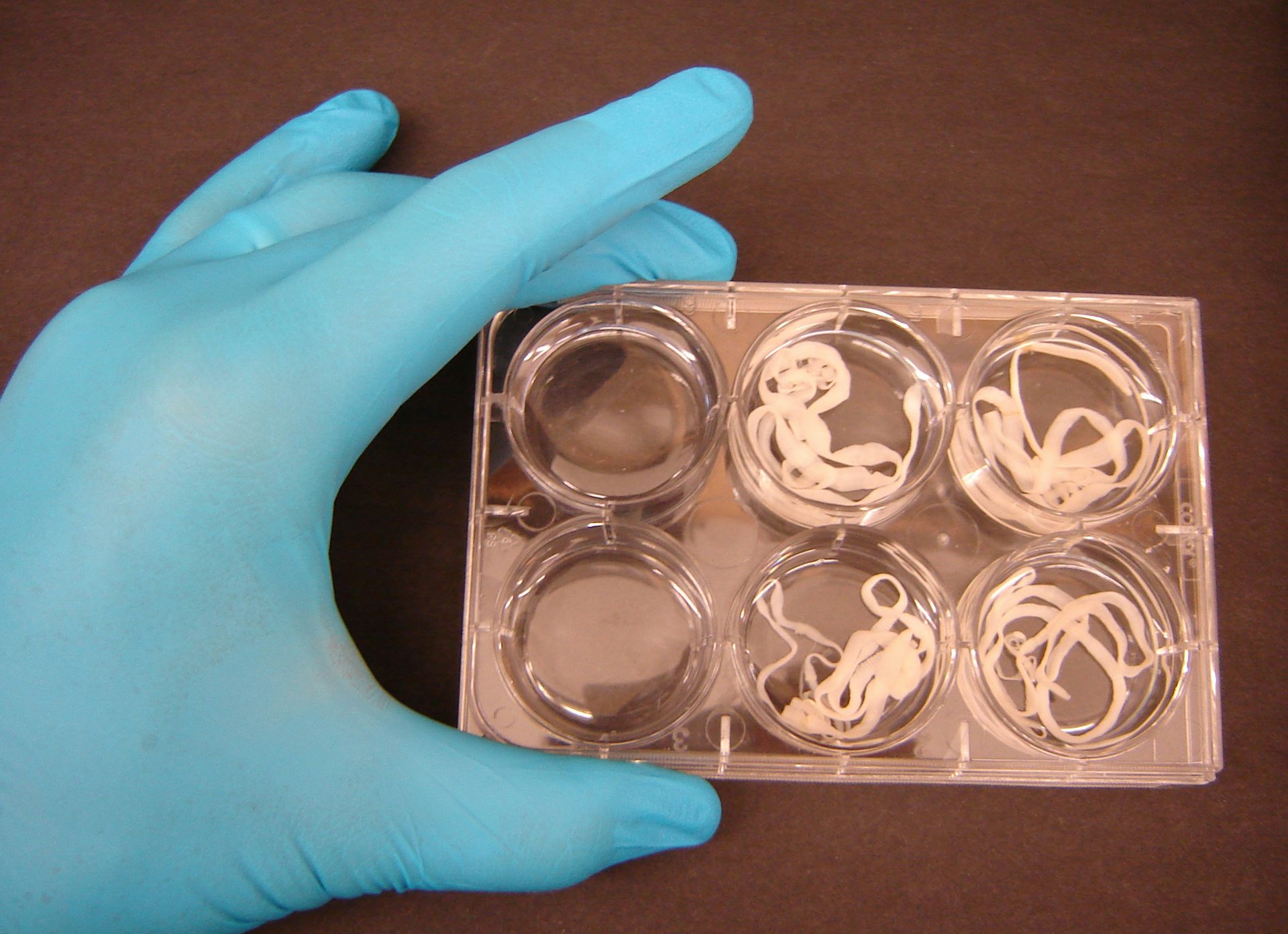

A tablespoon of crushed coconut in your breakfast can immensely help in the deworming process.Ĭloves: Rich in antimicrobial properties, cloves offer many health benefits. One can consume 1-2 garlic cloves empty stomach to get rid of the worms.Ĭoconut: Not everybody knows the health benefits of coconut.

Garlic: It possesses anti-bacterial and anti-inflammatory properties. Have half teaspoon of the paste with water daily early morning. Neem: Neem is known for its pesticidal and insecticidal properties. Roast a tablespoon of pumpkin seeds and mix them with half a cup each of water and coconut milk. Pumpkin seeds: The seeds of pumpkin contain cucurbitacin, which are anti-parasitic in nature. A glass of buttermilk with one tablespoon of turmeric can bring in wonders for those suffering from parasites inside the body. Turmeric: It is a well-known fact that turmeric possesses antiseptic and anti-microbial properties.

Consume it on an empty stomach for a week. Papaya: Have a glass of lukewarm milk with a tablespoon of raw papaya and one teaspoon of honey added to it. Natural remedies to get rid of intestinal worms It’s important to develop good hygiene practices, such as regularly wash your hands with soap and hot water before and after using the toilet and before preparing or eating foods, to help prevent or reduce the risk of intestinal worms. However, when one goes through the deworming process, it helps in counter infections such as anaemia and lose bowels. Please note that parasitic worms lead to malnutrition. So in order to keep the child active and healthy, he/she should be treated well. The affected children become lethargic and frequently fall ill. The deworming process helps in boosting the immune system Why deworming process is important for children Notably, hookworms cause chronic intestinal blood loss. If one is experiencing appetite loss, fatigue, weight loss, nausea, gas, abdominal pain, stomach ache, diarrhoea, coughing, and weakness, he/she might have worms in the stomach. People residing in tropical and subtropical areas are the most affected. They are mainly transmitted by eggs present in human faeces. The WHO also revealed that soil-transmitted helminth infections are the most common infections which affect the majority of the population, especially in the poor and deprived communities. Roundworm ( Ascaris lumbricoides), whipworm ( Trichuris trichiura) and the hookworm ( Necator americanus and Ancylostoma duodenale) are the most common ones which affect the humans. (Representational photo) | Photo Credit: Getty ImagesĪs per the World Health Organisation (WHO), more than 880 million children are in need of treatment for intestinal worms.


 0 kommentar(er)
0 kommentar(er)
